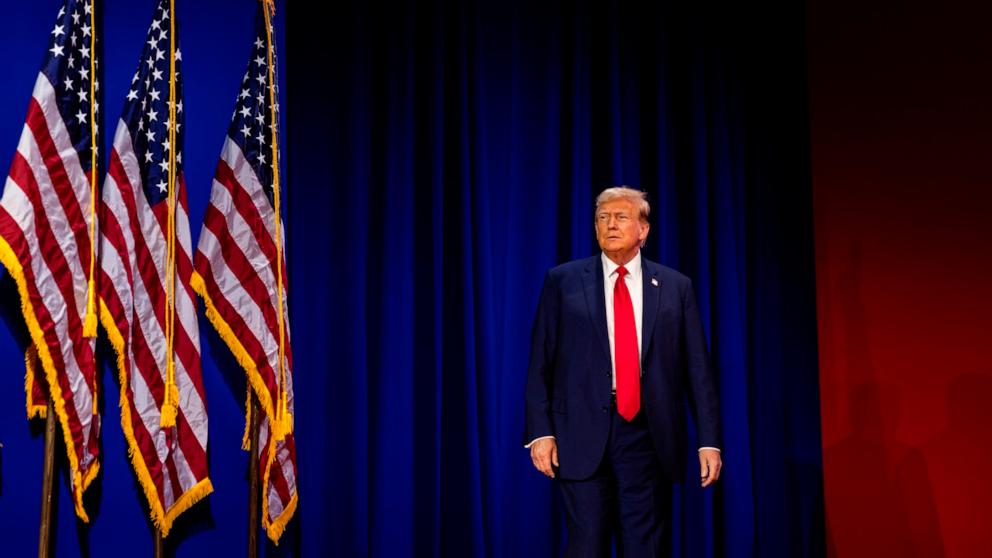This will be the last day of judgment for the High Court's term.
The U.S. Supreme Court appears to be saving its most important decision of the term for last.
Supreme Court justices are expected to hear arguments for the final time on Monday and issue a landmark decision on whether former presidents can be exempt from criminal liability for “official duties” they performed while in the White House.
In this lawsuit, Donald Trump is asserting such immunity to block federal election interference prosecution brought by Special Counsel Jack Smith.
Smith charged Trump with four felony counts, including conspiracy to defraud the United States and conspiracy to obstruct an official proceeding, in his bid to retain power after losing the 2020 presidential election. Trump has pleaded not guilty and denies any wrongdoing.
The trial was scheduled to begin on March 4 but was postponed while the High Court considered the issue of immunity.
Lower courts have roundly rejected Trump's arguments.
U.S. District Judge Tanya Chutkan, who is overseeing Trump's election interference case, said that whatever immunity a sitting president enjoys, his position “does not confer lifetime 'get out of jail free' immunity.”
A three-judge panel of the US Court of Appeals later unanimously rejected Trump's arguments, warning that if they were allowed it would “undermine the system of separation of powers.”
While the Supreme Court did not agree with Trump's more sweeping argument for “absolute” immunity, several justices signaled a willingness to support some level of protection for former presidents during oral arguments in late April, several months after Smith first asked the court to intervene.
Their questions focused primarily on which presidential actions are protected and which are not.
Justice Elena Kagan pressed Trump's lawyers about whether former presidents who ordered coups or sold nuclear secrets would be immune from criminal liability, while Justices Clarence Thomas and Samuel Alito questioned whether past presidents who oversaw controversial policies such as the internment of Japanese Americans during World War II or Operation Mongoose could have been prosecuted after leaving office.
How the Supreme Court rules on immunity will set a new standard for presidential power and will affect whether Trump can be tried for his unprecedented actions since the 2020 election.
“We are writing rules that will stand the test of time,” Justice Neil Gorsuch said during argument.
ABC News' Devin Dwyer contributed to this report.

